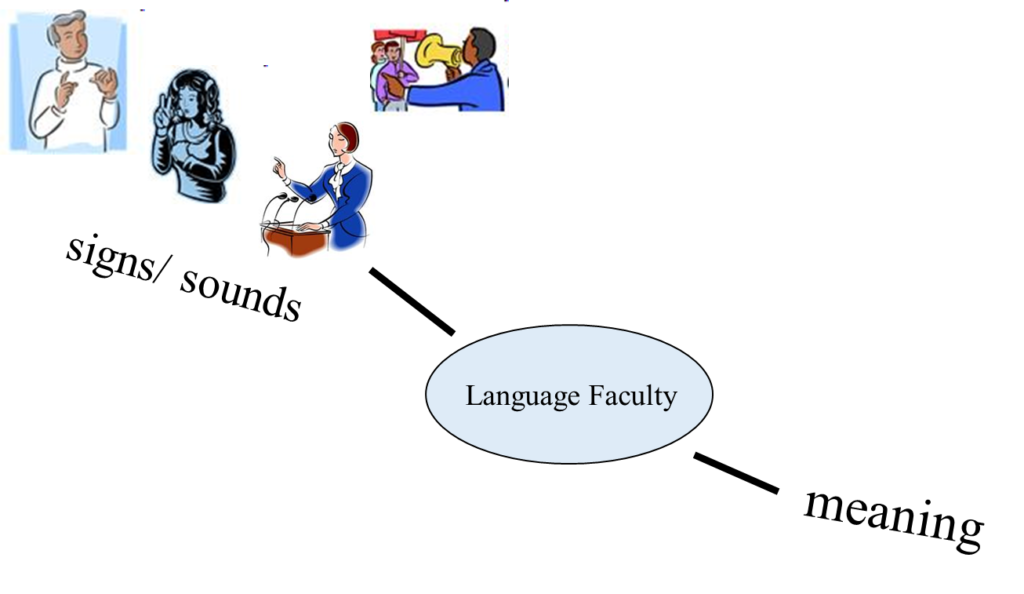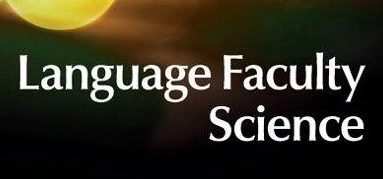What is LFS?

Language Faculty Science (LFS) seeks to find out about the initial state of the language faculty (the hypothesized universal part(s) of the mind that make(s) it possible for us to relate sounds/signs to meaning) by the basic scientific method, as articulated in Sections 1-3 of “Key Tenets of Language Faculty Science” in The Theory and Practice of Language Faculty Science (eds. Hajime Hoji, Daniel Plesniak and Yukinori Takubo) (De Gruyter Mouton) 2023.

The basic scientific method is: what Feynman puts it as “Guess-Compute-Compare”, which requires that we deduce from hypotheses definite predictions, and obtain and replicate definite experimental results precisely in line with the definite predictions. Since it is widely believed that the mind cannot be studied by the basic scientific method, a (potential) success of language faculty science (LFS) would be quite significant; that would be the first demonstration in the human history that part of the mind can be studied by the basic scientific method. The significance is enhanced in light of the fact that the suitability and (direct) applicability of the basic scientific method seems limited to a rather narrow domain of empirical inquiry, even among the fields that are represented in published articles in Journal Science, for example, in part reflecting advancement in computational capabilities, which seems to blur the distinction made in Einstein between “factual knowledge” and “comprehension” in the last paragraph of his Foreword to Galileo’s Dialogue Concerning the Two Chief World Systems (Second Edition, 1967, University of California Press)..
In our research, we try to articulate and illustrate how we can accumulate knowledge about the language faculty by deducing definite predictions about an individual and obtaining experimental results about the individual precisely in line with the predictions, and replicating the experimental results with any other individual, regardless of their “languages”, via disconfirmable universal predictions. We deduction those predictions by means of a minimal number of theoretical concepts, and pursue exception-less replication, with an ultimate aim at universal reproducibility.
